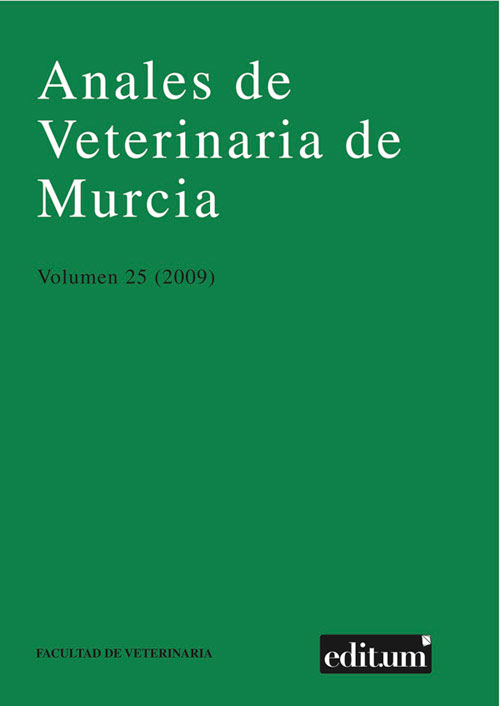Encefalopatía asociada a trastornos renales en perros y gatos: revisión bibliográfica
Abstract
Renal-associated encephalopathy is an ill-defi ned condition that has been infrequently reported in dogs and cats with renal failure. This category of metabolic encephalopathy encompasses uremic encephalopathy,dialysis disequilibrium syndrome and posttransplantation encephalopathy. Abnormal mentation and seizure activity are typical abnormalities of this disorder. Other clinical signs may include muscle tremors, generalized weakness and irregular respiration. The cause of uremic encephalopathy is presently unknown. Suggested mechanisms include depressed cerebral oxygen consumption, cerebral hypoxia, increased brain calcium levels, uremic toxins (methylguanidine, guanidinosuccinc acid, phenolic acid) and increased blood levels of parathyroid hormone. Diagnosis of uremic encephalopathy is based upon clinical signs of neurologic dysfunction in a patient with renal failure, with no other obvious cause of brain disease. Treatment depends primarily upon management of the underlying kidney disease. Hemodialysis, peritoneal dialysis, and renal transplantation are also available treatment strategies, although limited by its cost. The prognosis is variable and depends mainly on the specifi c renal abnormality. This article reviews the literature of the main advances in the pathophysiology of the all categories of renal-associated encephalopathy, and therapeutic strategies are discussed.Downloads
-
Abstract10432
-
PDF (Español (España))18509
Creative Commons Attribution 4.0
The works published in this journal are subject to the following terms:
1. The Publications Service of the University of Murcia (the publisher) retains the property rights (copyright) of published works, and encourages and enables the reuse of the same under the license specified in paragraph 2.
© Servicio de Publicaciones, Universidad de Murcia, 2019
2. The works are published in the online edition of the journal under a Creative Commons Attribution-NonCommercial 4.0 (legal text). You can copy, use, distribute, transmit and publicly display, provided that: i) you cite the author and the original source of publication (journal, editorial and URL of the work), ii) are not used for commercial purposes, iii ) mentions the existence and specifications of this license.

This work is licensed under a Creative Commons Attribution-NonCommercial-NoDerivatives 4.0 International License.
3. Conditions of self-archiving. Is allowed and encouraged the authors to disseminate electronically pre-print versions (version before being evaluated and sent to the journal) and / or post-print (version reviewed and accepted for publication) of their works before publication, as it encourages its earliest circulation and diffusion and thus a possible increase in its citation and scope between the academic community. RoMEO Color: Green.




